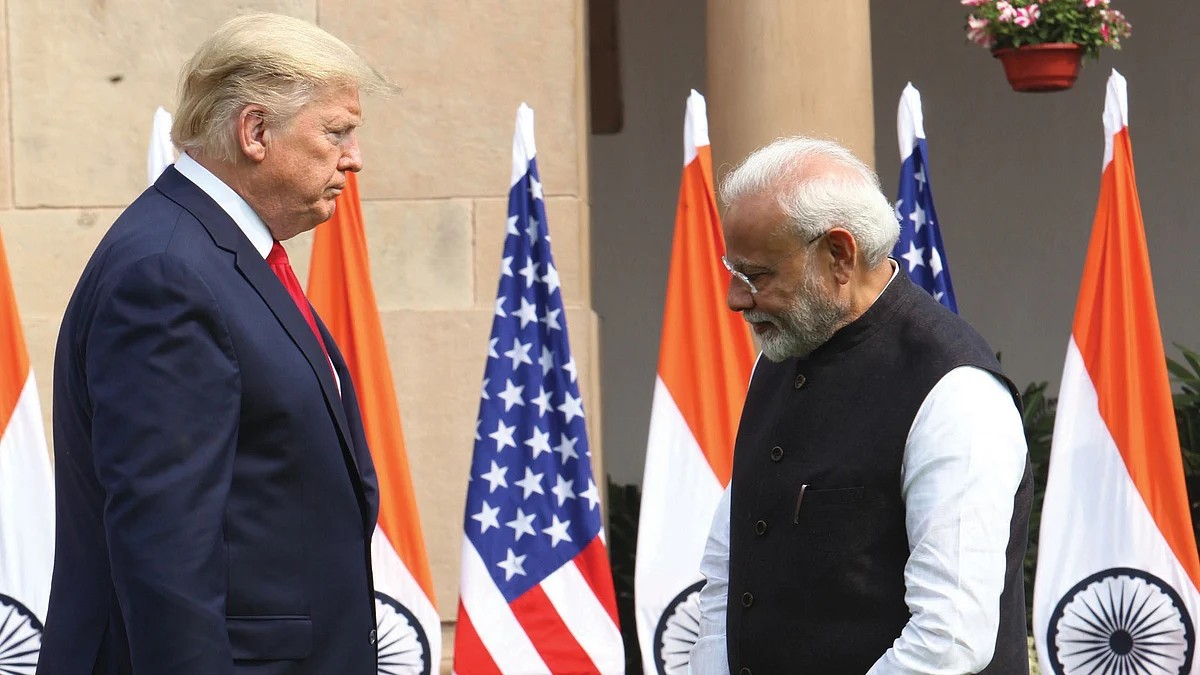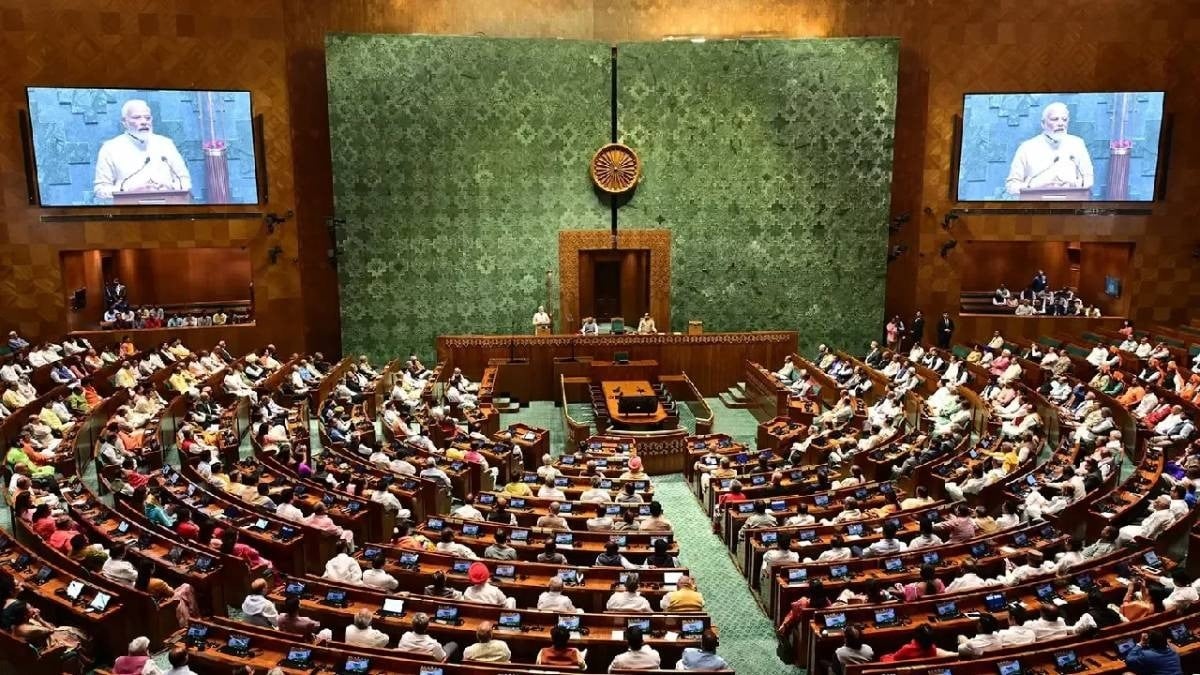In a significant move affecting international trade relations, the President of the United States has declared a 25 percent tariff on all exports from India to the U.S., set to take effect on August 1. This announcement was made via a brief post on the platform Truth Social, where the President criticized India’s trade policies and its strategic defense relationships with Russia.
The President, while referring to India as a “friend,” expressed concerns regarding the high tariffs imposed by India, describing them as “far too high” and labeling the country’s non-monetary trade barriers as the “most strenuous and obnoxious” among all nations. This critique is particularly striking given the context of ongoing geopolitical tensions and the implications of trade policies on international relations.
In his statement, the President pointed to India’s continued procurement of military equipment and oil from Russia, which he linked to the broader implications of the ongoing conflict in Ukraine. He asserted that the levy of a 25 percent tariff, alongside an unspecified penalty, is a direct response to India’s trade practices in light of its engagement with Russia amid the surrounding conflict.
Furthermore, the President accused both India and China of indirectly facilitating Russia’s military actions through their trade relationships. This claim highlights a growing sentiment in U.S. policy circles regarding the perceived responsibilities of nations in the context of global tensions.
The tariff announcement follows prior warnings issued in April when the U.S. government designated India as one of several countries facing potential reciprocal trade measures. During that period, an increase in tariffs was postponed to allow for further discussions and negotiations between the two nations.
Coinciding with this tariff decision, New Delhi and Washington have been striving to finalize a long-delayed trade agreement. Recently, U.S. Trade Representative Jamieson Greer commented on the necessity for additional time to evaluate India’s willingness to extend market access for American exports, underscoring the complexities involved in the current trade environment.
Despite these challenges, both nations have affirmed their commitment to achieving a fair, balanced, and mutually beneficial bilateral trade agreement. The Indian government has reiterated its focus on protecting the interests of farmers, entrepreneurs, and micro, small, and medium enterprises (MSMEs). Officials have stressed that all necessary measures will be undertaken to safeguard national interests, consistent with India’s approach in recent trade negotiations, including the Comprehensive Economic and Trade Agreement (CETA) with the United Kingdom.
As these developments unfold, the implications for U.S.-India relations, economic interactions, and the broader geopolitical landscape are likely to be significant, necessitating close monitoring and strategic responses from both sides.










